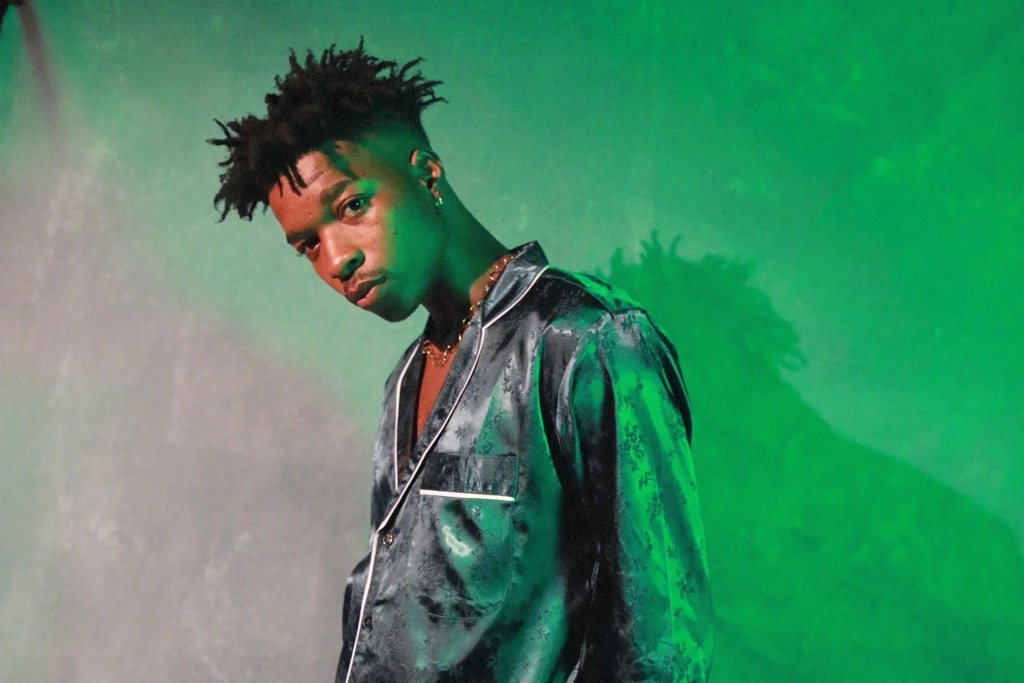Nigerian Singer Magixx alleges manipulation on streaming platforms, while prominent figures deny existence of streaming farms.
In an industry grappling with allegations of manipulated streams, Nigerian singer Magixx has pointed a finger at streaming farms as a barrier to emerging artists gaining traction on platforms like Apple Music. Magixx claims that the spots on these charts are “bought,” making it challenging for upcoming artists to break through. Meanwhile, industry heavyweights like Don Jazzy have refuted these claims, maintaining that streaming farms do not exist.
Magixx, a rising star in the Nigerian music scene, took to social media to express his frustrations about the lack of breakout artists in recent years. He directly attributed this trend to the purchasing of spots on Apple Music, In a tweet, he stated, “Just so y’all know, the reason why we don’t have enough breakout artists these days is because almost every spot on Apple Music is bought!”
The issue of inflated streams has been a contentious topic in the music industry for some time. While some artists and industry figures are accused of using bots or automated systems to boost their numbers, others have dismissed these claims. One such figure is Don Jazzy, the CEO of Mavin Records and Magixx’s boss. Last year, Don Jazzy refuted allegations that he uses streaming farms to manipulate the streams of his artists, going as far as claiming that streaming farms do not exist.
The ongoing debate around streaming farms raises concerns about fairness and discovery in the music industry. If true, the practice of buying spots on streaming platforms could disadvantage upcoming artists, hindering their chances of gaining exposure and growing their fan bases. This alleged manipulation could also potentially misrepresent consumer preferences, influencing what music is promoted and pushed to listeners.
As the music industry continues to evolve, so do the challenges it faces. The allegations surrounding streaming farms highlight a complex issue that could be stifling genuine talent and disrupting the natural flow of artist discovery. While prominent figures deny the existence of these farms, the persistence of these allegations indicates a need for further investigation and transparency. The future of emerging artists may hang in the balance as the industry grapples with this contentious issue.
